PM Mishustin says Russia facing most difficult situation in three decades
Russia’s Prime Minister Mikhail Mishustin says his country is facing the most difficult situation in three decades due to waves of sanctions over Ukraine, stressing that foreign attempts to isolate Moscow from the global economy are doomed to failure.
His comments on Thursday come as the United States and its European allies are progressively broadening an array of unprecedented economic sanctions imposed in a bid to pressure Moscow to end its military operation in Ukraine and withdraw its forces.
“No doubt, the current situation could be called the most difficult in three decades for Russia,” said Mishustin during a speech he delivered in the Duma, or lower house of parliament. “Such sanctions were not used even in the darkest times of the Cold War.”
Russian President Vladimir Putin announced a “special military operation” on February 24 to demilitarize the Donbass region, largely populated by ethnic Russians, in eastern Ukraine.
The United States and its European allies have labeled the military operation as “Putin’s land grab,” imposing unprecedented sanctions on Moscow, which stresses that it will halt the operation instantly if Kiev meets Russia’s list of demands, including never applying to join NATO.
The punitive measures by the US-led West have already cut Russia off the global financial network, blocking access of some of its top banks to the international SWIFT banking messaging system.
Some traders have already begun to refuse Russian oil cargoes, increasing pressure on Moscow’s finances.
The Kremlin, in response, has introduced capital controls for the sanctions, making it almost impossible for foreign investors to sell their assets, both industrial and financial, if they decide to pull out of Russia.
“If you have to leave, production should continue working as it provides jobs. Our citizens work there,” Mishustin said.
Earlier, Moscow suggested that it might nationalize assets held by Western investors who decide to leave Russia.
“Our financial system, the lifeblood of the entire economy, has held up,” Mishustin said."The stock market and the ruble are stabilizing. I doubt that any other country would have withstood this. We did.”
On Tuesday, the European Commission proposed fresh sanctions against Russia over its military operation in Ukraine, including a ban on purchasing Russian coal and on Russian ships entering ports of the European bloc.
The commission said it was also working on banning Russian oil imports.
'Russia seeks to take all Ukraine'
Ukrainian Deputy Defense Minister Hanna Malyar said Thursday Moscow’s long-term objective is to capture the whole Ukraine even though its short-term aim of the operation is eastern Ukraine.
“The key objective of the Russian Federation was and is the capture of the entire territory of Ukraine,” Malyar said.
“Russia planned to do this quickly, but Putin's blitzkrieg failed. Even so, Russia has not abandoned its plan to take the entire territory of Ukraine,” she added.
In 2014, Ukraine’s two regions of Donetsk and Luhansk – collectively known as the Donbass – declared themselves new republics; a move that triggered a persisting and bloody conflict between Kiev and armed separatists. Earlier that year – on March 17 – Crimea declared independence from Ukraine and formally applied to become part of Russia following a referendum a day earlier.
According to Ukraine’s military, Russia wants to establish a land passage between Donetsk and Luhansk and the southern region of Crimea.
“As of today, Russia plans to achieve some smaller objectives to show results, but in reality it is using any moment to gather its forces, to regroup its armies, in order to continue its assault,” Malyar said.
“The enemy is learning how to fight us. If in the first days (of the Feb. 24 invasion) the Russian army was disorientated, then they are now adjusting to our tactics and strategy, and taking time ... in order to learn how to fight our strategy,” she added.
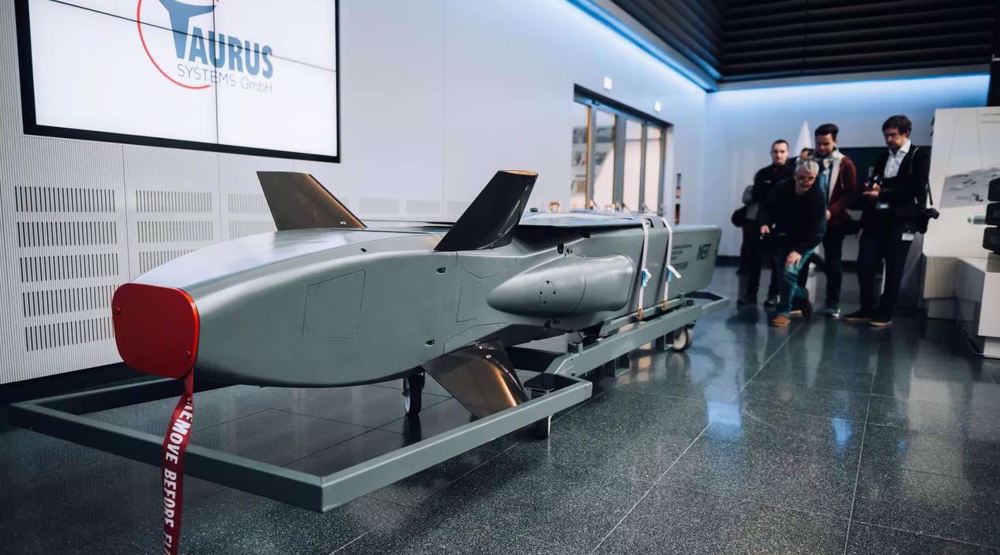
Kremlin warns Germany sending Taurus missiles to Ukraine risks 'escalation'
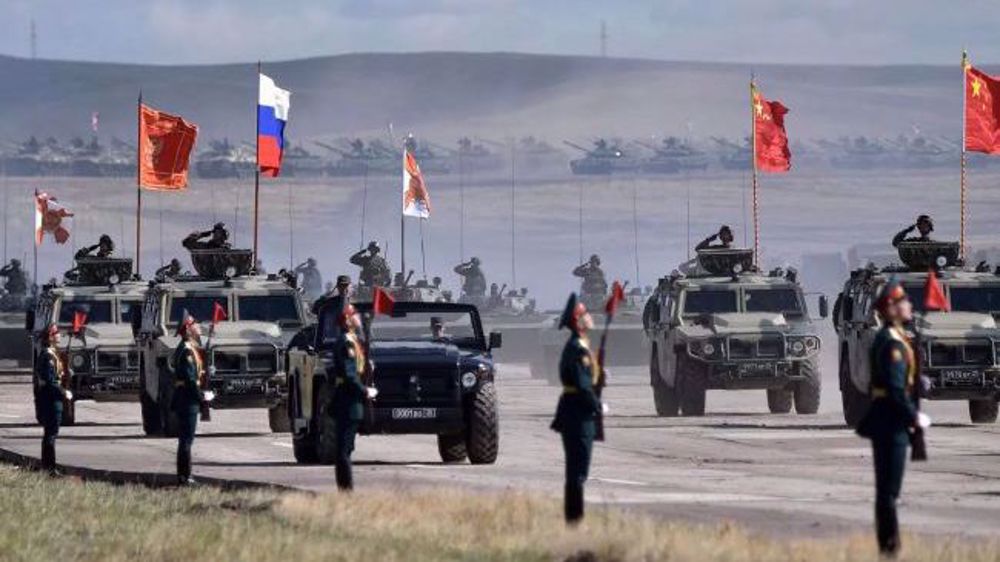
China warns Ukraine over 'irresponsible' claim of Chinese soldiers in war
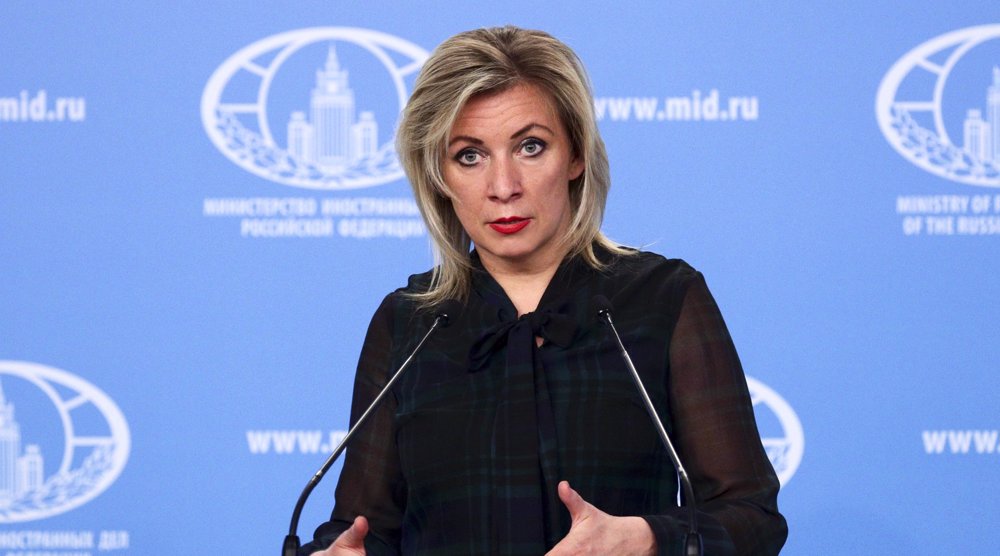
World growing tired of endless threats against Iran: Russia
Columbia graduate detained without evidence of wrongdoing
Israel targets photojournalist’s home in ‘relentless’ Gaza bombing
US intensifies bombing Yemen amid ground invasion plans
Scores of Syria Alawites killed as HTS sectarian violence continues
US approves potential sale of Stinger missiles to Morocco
Iran summons Argentine envoy over accusations against top officials
VIDEO | Rally against another Columbia student arrest held in New York
VIDEO | Press TV's news headlines


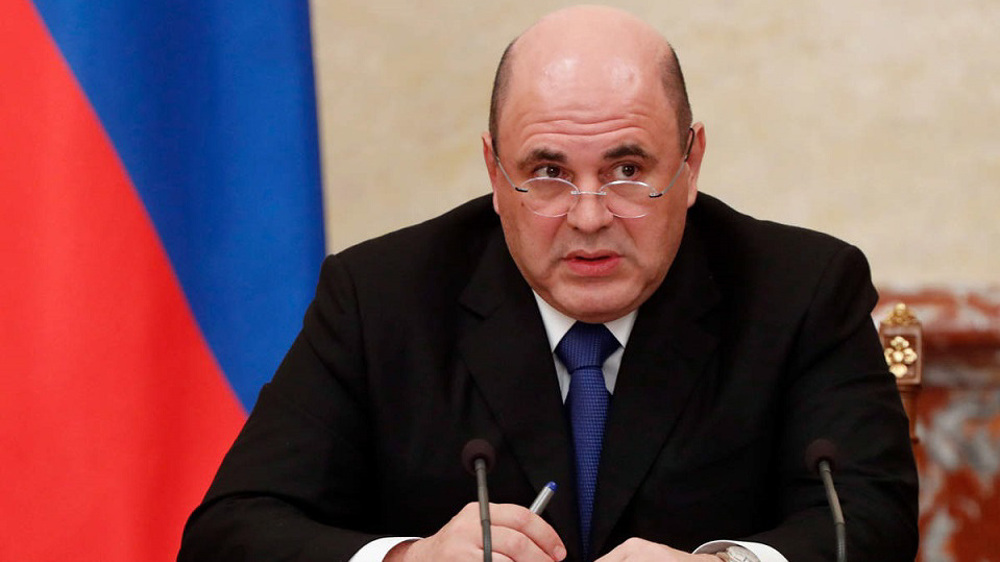
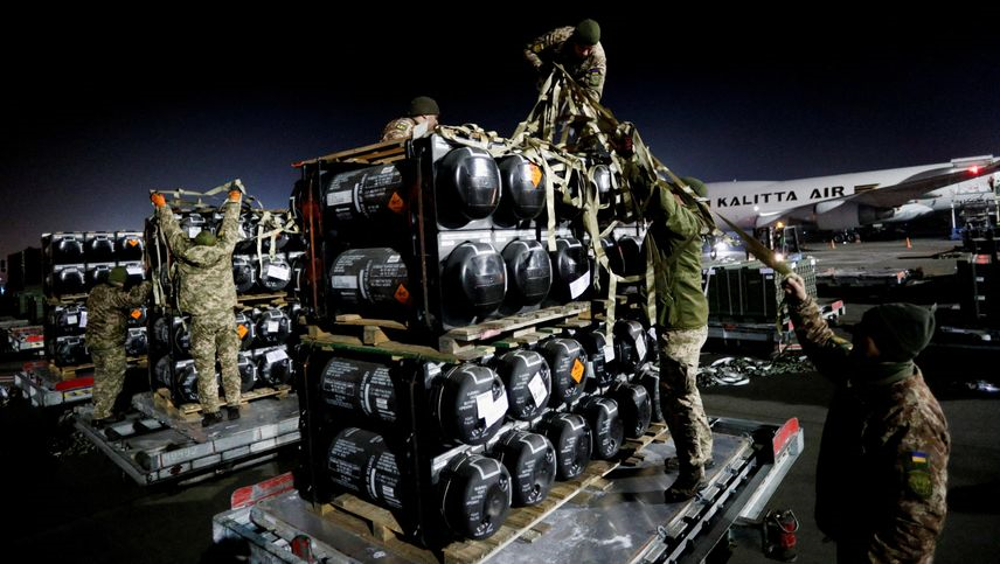




 This makes it easy to access the Press TV website
This makes it easy to access the Press TV website